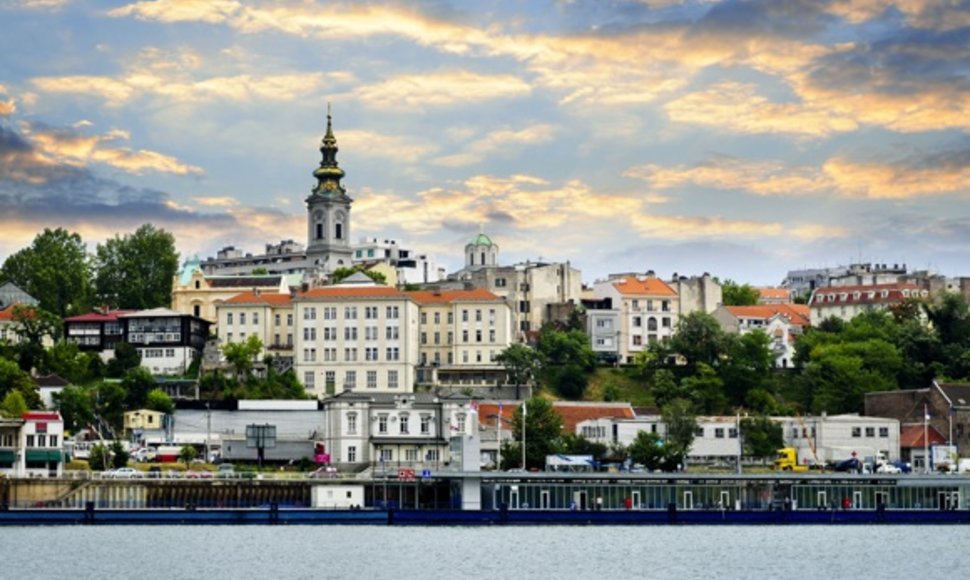Lithuanian diplomats maintain they announced their intentions of seeking the post of the UN General Assembly president back in 2004. Ambassador Dalius Čekuolis was nominated for the position.
Nevertheless, Serbia recently proposed Foreign Minister Vuk Jeremic for the post. Both countries are part of the Eastern European group, which will delegate a chairman this year in accordance to the principle of regional representation. Serbia has already secured the support of Russia, which also backs Belgrade on the Kosovo matter.
Giedrius Puodžiūnas, director of the Lithuanian Foreign Ministry's Information and Public Relations Department, said that, a few weeks ago, not a single country wanted to preside over the nearest General Assembly session, while some countries had submitted candidacies for later years.
"We are therefore surprised that Serbia should choose to run for the same slot so late in time, especially after we have formally requested, both verbally and in writing, Serbia's support for the Lithuanian candidate," Puodžiūnas said in a comment forwarded to the Serbian media.
In the diplomatic dispute, Lithuania stated that Serbia had so far failed to achieve sufficient progress in regulation of the Kosovo conflict to be named an official EU candidate in the March summit.
He recalled that last December, the European Council set concrete conditions for Serbia in order to be granted the status of EU candidate country, namely, to achieve progress in implementing the agreements with Kosovo, including those on border management, to reach an agreement on inclusive regional cooperation and to actively cooperate to enable EULEX and KFOR to execute their mandates.
"We hope that Serbia will be able to fulfill the conditions till the upcoming European Council meeting in March. We encourage both sides - Serbia and Kosovo - to make full use of the time left and to constructively continue the dialogue, which started in Brussels on 21 February," Puodžiūnas said.
Serbia has so far been refusing to recognize Kosovo's independence declared in 2008.
Officials say Germany plays the most important role in the group of skeptics, which also includes Lithuania – Germany demands Serbia's specific progress in normalization of relations with Kosovo's Albanian leaders.
Lithuanian diplomats have also emphasized their dissatisfaction with Serbia's treatment of Lithuanian investors.
"Alita, Arvi, Sanitex were the biggest Lithuanian investors in Serbia before their contracts in Serbia were denounced. Having this in mind, we stress that a country seeking EU membership should uphold the principles of rule of law which are one of the basic values shared by the members of the European community," Puodžiūnas added.












